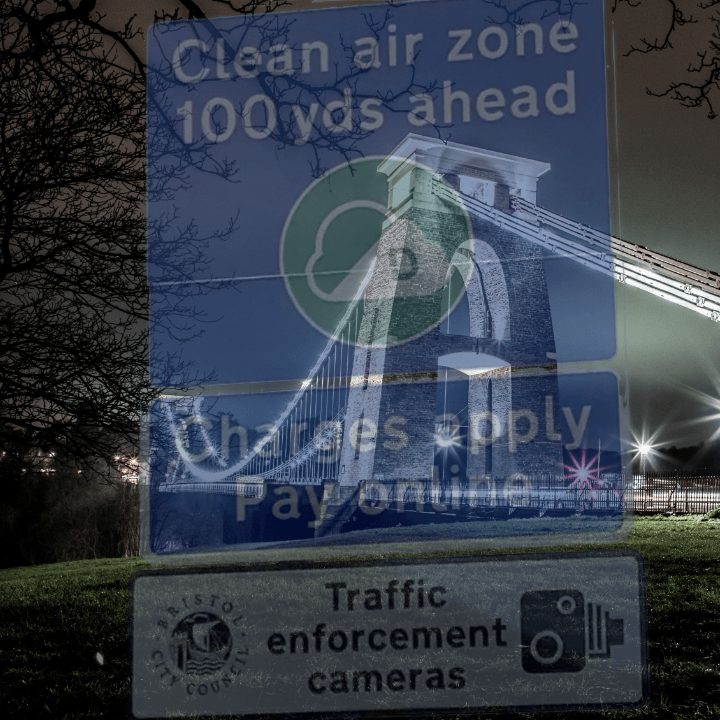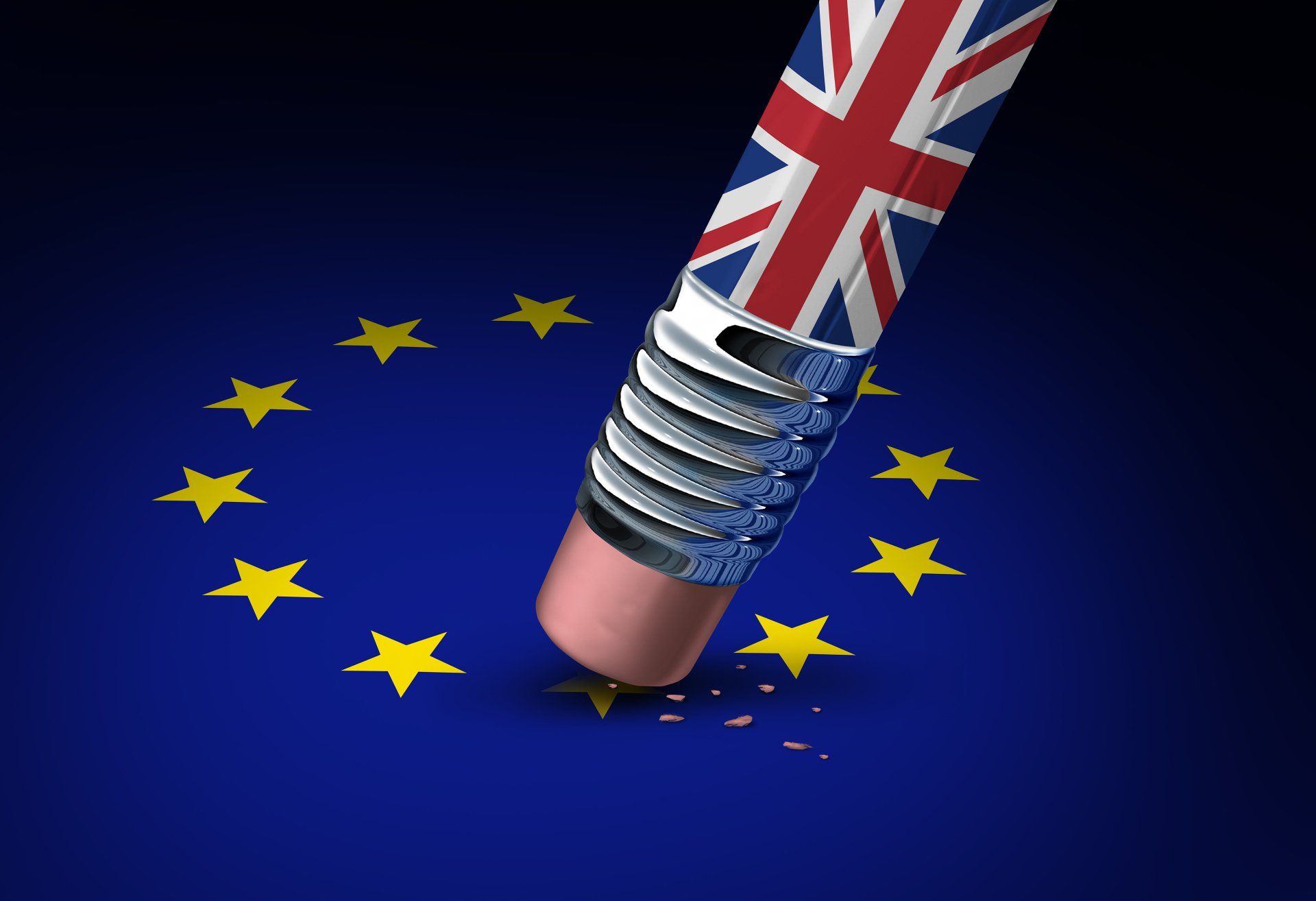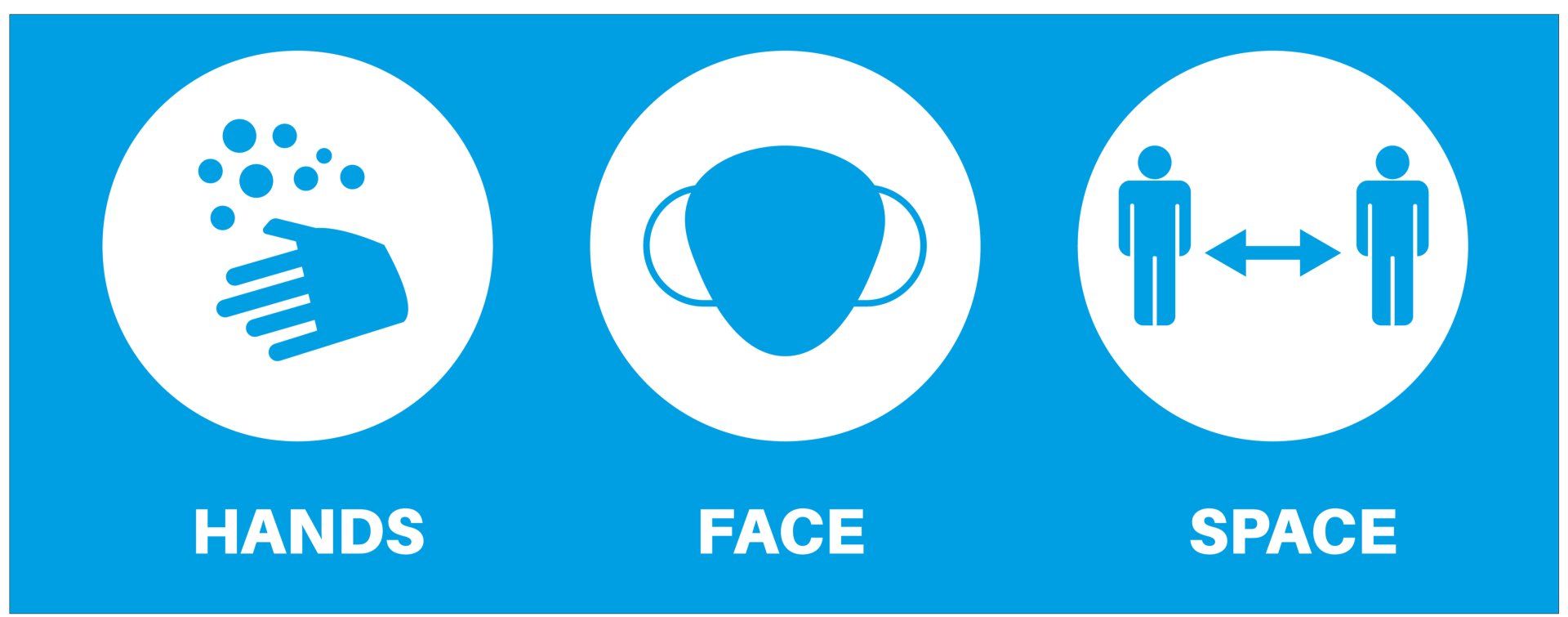Blog
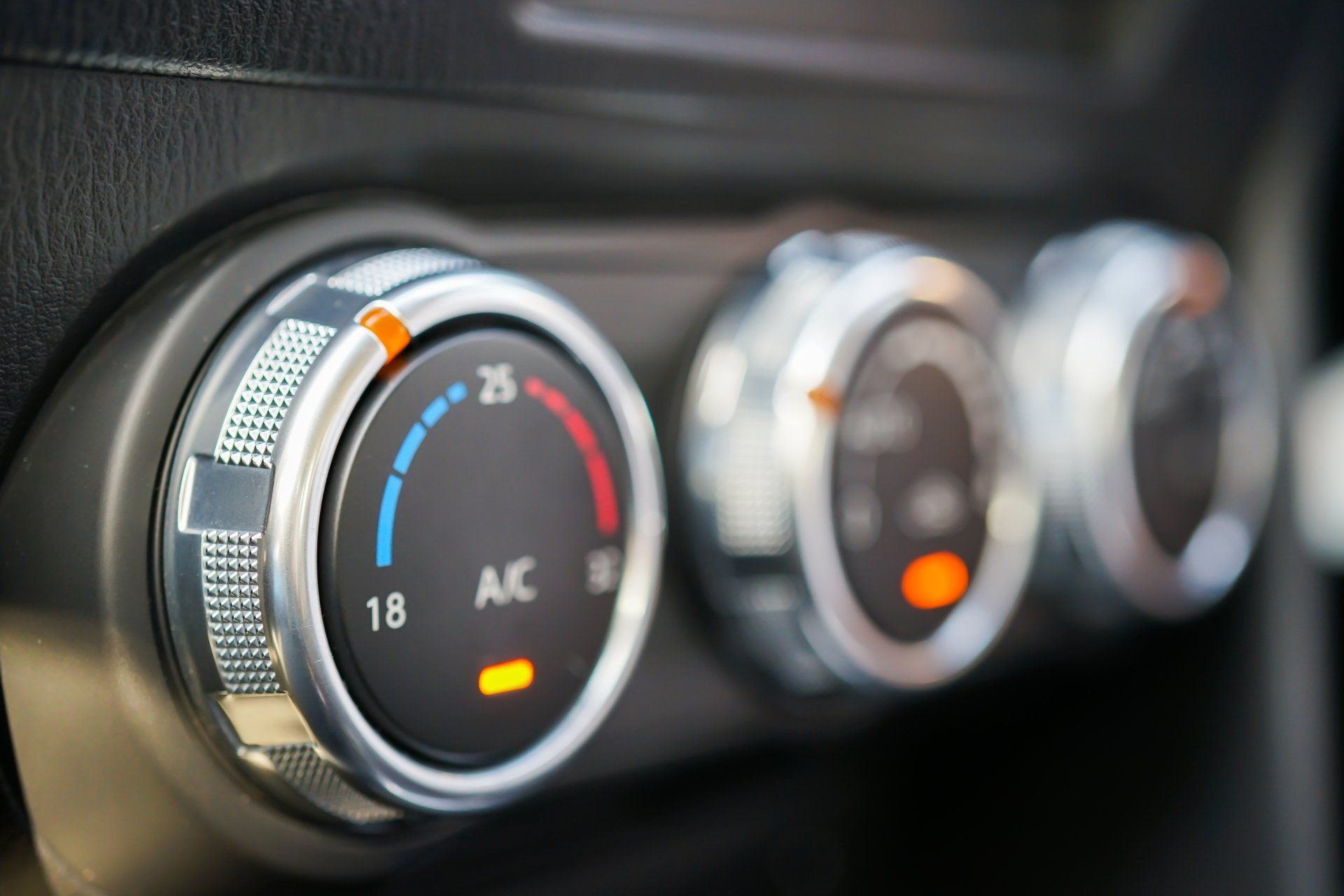
By Whisper Digital on behalf of Westlec
•
03 Jun, 2021
If after the sunny bank holiday weekend you have just tried your car air conditioning and discovered that it isn't working. Please do make contact with us we offer both diagnostic fault finding and repair service. Plus we also can regas your vehicle air conditioning as well.
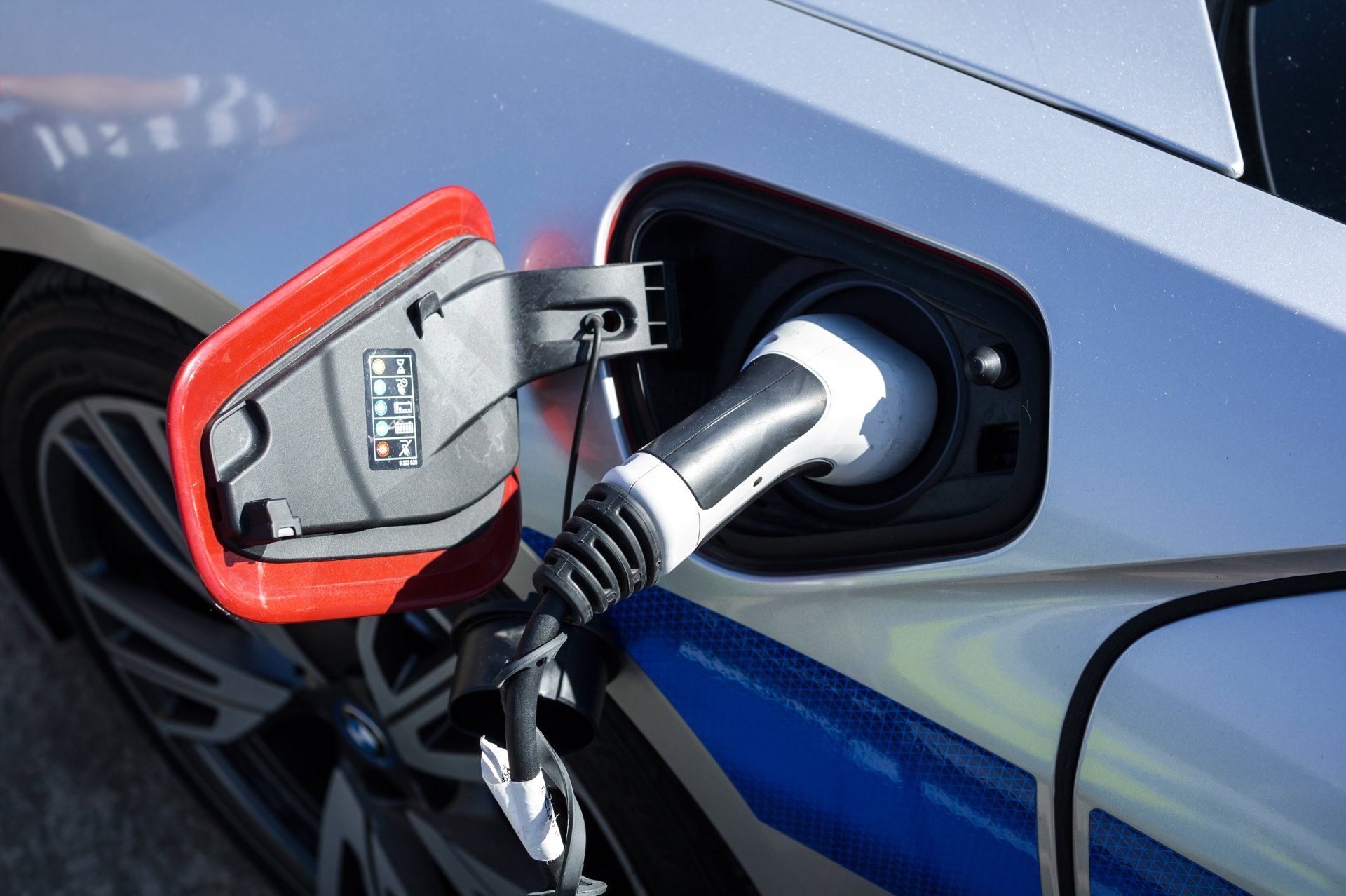
By Whisper Digital on behalf of Westlec (Original Source Money Website)
•
10 May, 2021
Study claims manufacturing costs will be lower for electric saloons and SUVs compared to petrol-powered models by 2026 All EVs, including superminis, will be less expensive to make by a year later Report claims this is due to cheaper batteries, with costs down 58% by 2030 compared to 2020 Green campaigners say more affordable prices means bans on new petrol and diesel car sales across Europe should come from 2035 That's 5 years later than petrol and diesel car sales are being outlawed in UK To read more regarding this article, please click here to go to This Is Money website.

By Whisper Digital on behalf of Westlec (Original source Gov.uk)
•
13 Apr, 2021
As more people than ever opt for electric vehicles, the government announces changes to the plug-in car, van and truck grant. The grant scheme for electric cars, vans and trucks has been updated to target less expensive models and reflect a greater range of affordable vehicles available, allowing the scheme’s funding to go further and help more people make the switch to an electric vehicle. From today (18 March 2021), the government will provide grants of up to £2,500 for electric vehicles on cars priced under £35,000. This will mean the funding will last longer and be available to more drivers. Grants will no longer be available for higher-priced vehicles, typically bought by drivers who can afford to switch without a subsidy from taxpayers. The number of electric car models priced under £35,000 has increased by almost 50% since 2019 and more than half the models currently on the market will still be eligible for the grant, including spacious family cars, such as the Hyundai Kona 39kWh and the MG ZS EV. Government measures to encourage people to switch to electric vehicles are also working, with nearly 11% of new cars sold in 2020 having a plug. This was up from just over 3% in 2019 – and battery electric car sales almost tripled over that same period. The plug-in vehicle grant scheme was renewed last year, with £582 million of funding intended to last until 2022 to 2023. Transport Minister Rachel Maclean said: We want as many people as possible to be able to make the switch to electric vehicles as we look to reduce our carbon emissions, strive towards our net-zero ambitions and level up right across the UK. The increasing choice of new vehicles, growing demand from customers and rapidly rising number of charge points mean that, while the level of funding remains as high as ever, given soaring demand, we are refocusing our vehicle grants on the more affordable zero emission vehicles – where most consumers will be looking and where taxpayers’ money will make more of a difference. We will continue to review the grant as the market grows. The plug-in car grant was introduced 10 years ago to stimulate the early market for zero emission vehicles. Since 2011, government has provided close to £1.3 billion in plug-in vehicle grant funding to bring ultra-low emission vehicles onto UK roads, supporting the purchase of more than 285,000 vehicles. We have been clear since 2018 that we intend to reduce the plug-in car grant. We are retaining support for the switch to electric vehicles through other new investments. Today’s changes are the latest step in this. Generous tax incentives, including favourable company car tax rates, which can save drivers over £2,000 a year, will remain in place. The government is also investing more than £15 billion of new money in alternatives to cars, including: £3 billion for buses £2 billion for cycling more than £4 billion for local transport in cities £5 billion for enhancements to the rail network, including electrification and reopening lines closed under the Beeching cuts More affordable batteries mean that manufacturers can increase the range of the vehicles, including the VW ID.3 Pro (from £32,000 RRP) with a 263-mile range – more than the distance between London and Middlesbrough. This is more than 3 times the typical range available when the plug-in car grant first launched in 2011, thanks to steep falls in battery costs. As the market develops even further, we expect further price reductions in electric vehicles. To visit the original source of this blog, please click here which will take you to the UK Government's website.
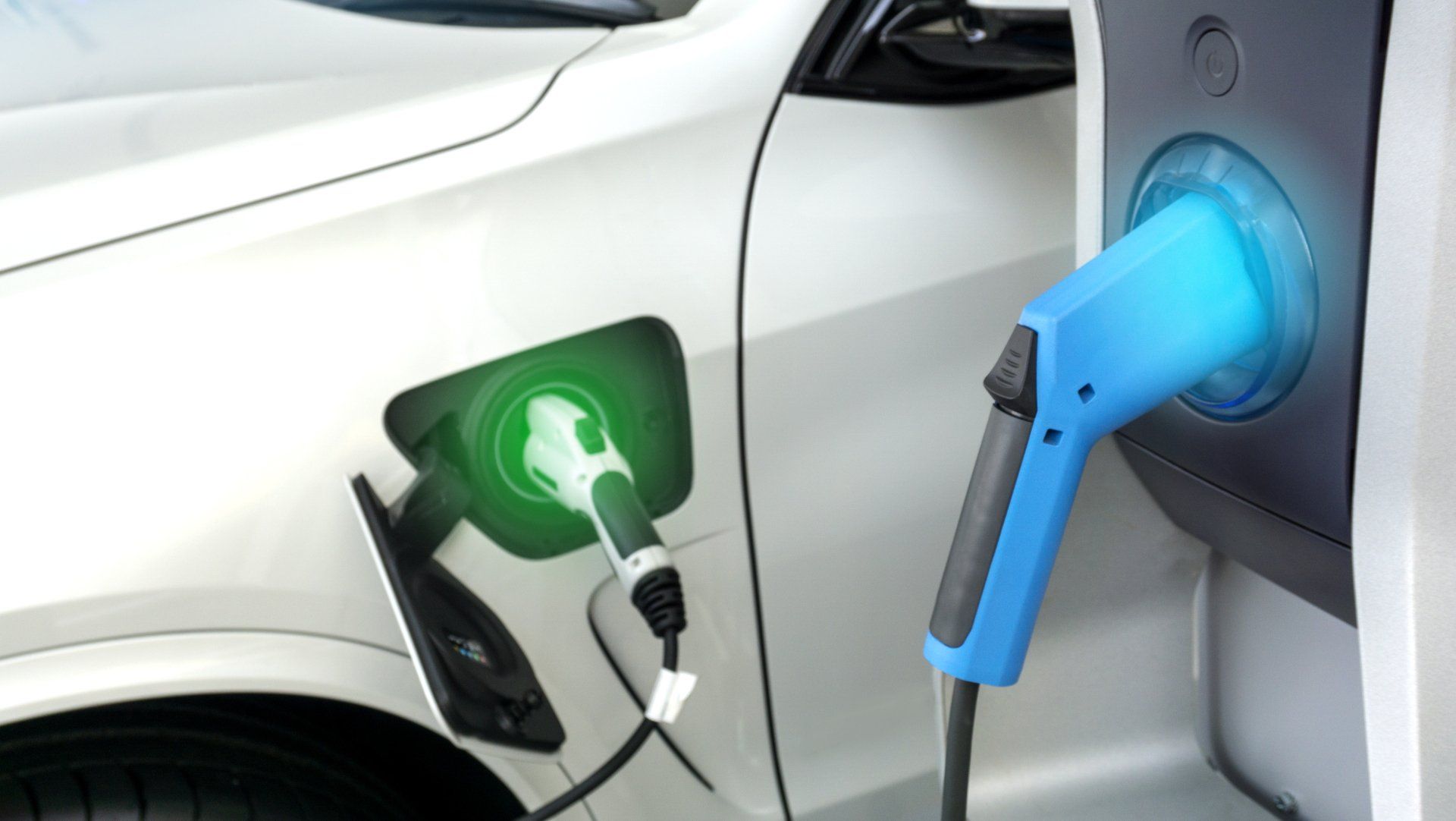
By Whisper Digital (Original source of post Auto Express website)
•
11 Feb, 2021
The number of public rapid electric vehicle chargers in the UK grew 37 per cent in 2021, according to new official figures. As of 4 January 2021, there were 20,775 public EV chargers of all types in the UK - up by a quarter in 2020 - of which 3,880 were rapid devices. In the fourth quarter of 2020 alone, 1,288 chargers were installed, including 350 rapid devices. However, the data released by the Department for Transport in conjunction with Zap-Map also revealed an “uneven geographical distribution” of public EV chargers in the UK. Across the whole of the UK, there are 31 public chargers per 100,000 people. Broken down by nation, that’s 31 per 100,000 in England, 26 in Wales, 40 in Scotland and just 17 in Northern Ireland. There’s also a disparity between different regions in England. London has 69 public chargers per 100,000 people - more than anywhere else - followed by the south-east (31) and the south-west (28). Joint-lowest are the north-west and Yorkshire and the Humber, both of which only have 19 chargers per 100,000 people, while the West Midlands has 20 per 100,000. Rapid charger rollout There are 5.8 rapid chargers per 100,000 people in the entire UK. Scotland has 10 per 100,000 people, which is a higher proportion than any other nation or region. England has 5.7 per 100,000, Wales has 3.2 and Northern Ireland has just 1.1. The south-east of England has the highest proportion of rapid chargers in the nation, with 6.9 per 100,000 people, followed by the north-east with 6.4 and the south-west with 6.1. The north-west has the least with 4.4 per 100,000 people. The number of public chargers in each region increased in the fourth quarter of 2020, except for the north-east of England where the number actually went down by 3.4 per cent. The DfT explained: “Owners and operators can choose to temporarily or permanently decommission or replace devices, or they can be unavailable due to faults, maintenance or other restrictions in the area where they are located.” Wales saw the largest percentage increase in chargers in Q4 2020 - up 19 per cent - while London installed the most chargers with 500 new devices. To see the original source of this post please click here which will take you Auto Express website.
Contact
0117 979 2979charlotte.westlec@hotmail.co.uk
Opening HoursMon - Fri 8:00 am - 5:00 pmSat 8:00 am - 12 pm (By Appointment Only)Sunday Closed
Website created and maintained by
© 2024
All Rights Reserved | Westlec

